Photos by Kathleen Creedon
This article is a part of the Trinitonian’s coverage of Trinity University’s response to the novel coronavirus (COVID-19). Click here to read the rest of our coverage.
On March 11, President Danny Anderson announced to Trinity students that the university would transition to synchronous remote learning as a result of the growing novel coronavirus (COVID-19) pandemic. However, Anderson’s email included one detail that many other schools throughout the nation did not have: All of the Tigers’ spring sports will conclude immediately on March 23, the same day online classes are set to begin for students and a week after residence halls were set to close on March 16.
Just like that, golf, track and field, tennis, softball and baseball faced an early end to their seasons. And the six Trinity swimmers who qualified for the National Collegiate Athletic Association (NCAA) Division III Swimming & Diving Championships in Greensboro, North Carolina, saw their meet, originally slated for March 18-21, canceled as well. Trinity Athletic Director Bob King explained that the university made this sweeping decision to protect both Trinity and the San Antonio area from being exposed to COVID-19.
“Trinity University’s leadership, based on recommendations from the Crisis Management Team, made the decision to de-densify the campus and implement social distancing, which impacted all students — from debate to spring sports,” King wrote in an email interview.
By making the decision to cancel its spring season, Trinity stood as an outlier in the sports world. At that point, NCAA’s annual March Madness Tournament remained in place, though with no fans allowed, and every professional sport continued on as normal. It wasn’t until Rudy Gobert of the Utah Jazz tested positive for COVID-19 — just a few hours after Trinity’s announcement — that the entire sports landscape drastically shifted. The National Basketball Association (NBA) immediately suspended its season, becoming the first big domino to fall, and now every major professional sports league has shut down.
“As Dr. Anderson has also expressed, I was devastated. Not because I thought it was the wrong decision, but because of the impact it would have on our student-athletes, coaches and support staff,” King wrote. “As we all know from the events that have followed with the NBA canceling its season, as well as the actions of the [Southern Collegiate Athletic Conference] and NCAA to also suspend play before the end of that week, it proved to be the right decision.”
FINAL GAMES
With the university’s decision to send students home by March 16, a couple of sports still got the chance to take the field. The No. 4 Tigers’ baseball team hosted DeSales (PA) University the same night President Anderson’s email went out, closing out their shortened season with an 11–5 victory. Meanwhile, the softball team decided to give both the Tiger seniors and their opponents one last shot on the diamond with a doubleheader in Seguin on Saturday against defending national champion Texas Lutheran University (TLU).
“Fortunately we had TLU on our schedule, and their coach, Wade Wilson, was calling — we got on the phone with each other that same day and were like, ‘We want to try to play these games, at least get some closure for the girls,’ and so I think we just kind of got lucky based on who we were playing and the fact that we had a large group of people that were really down to play Saturday,” said head softball coach Abby Martin.
Despite the short notice, Martin was also able to put together an end-of-season team banquet in Skyline. According to Martin, parents came and helped send off the team and its two seniors, infielders Danielle Ruiz and Adrienne Edwards.
“It worked out really well,” Martin said. “I think we’re lucky as far as how we were able to kind of close things this year. I know a lot of programs weren’t able to do the things that we were able to do.”
According to senior catcher Michael Goodrich, the baseball team was in the locker room just minutes away from heading out to the field to warm up for their game against DeSales when he received Anderson’s email.
“We rushed up to Coach [Tim] Scannell’s office to try to find out what this all was and he hadn’t even seen the email yet,” Goodrich said. “We felt pretty crushed. We thought we had a good chance to do something really big this year and feel like it was kind of taken away from us, but at the same time a lot of us are like, ‘Okay, I don’t want my baseball career to end like this, so what can we do to fix this?’ It was a mixture between disappointment, and then anxious to find out what this meant for us and the rest of our careers.”
ELIGIBILITY
On March 13, NCAA Division III put out a statement granting an extra semester of eligibility for student-athletes in spring sports as a result of schools across the country ending their seasons early.
“I have asked each head coach to submit to me a list of student-athletes, as well as a list of any underclassmen who will take advantage of the extra semester. I will meet with Jacob Tingle, [Trinity’s NCAA] faculty athletic representative, and [associate director of Athletics for Compliance] Pat Cunningham about each individual. We will take them on a case-by-case basis to determine the Trinity rules and the NCAA rules to allow them to benefit from this announcement,” King wrote.
There’s a lot that goes into a player deciding to come back not only for the student-athletes but also for their programs and the university. Each team brings in a new recruiting class next year, so if seniors that were expected to graduate end up staying, that creates bigger roster sizes. For seniors, an extra semester of eligibility means postponing graduation and taking more classes next year, and taking classes would require additional payment coming from the student-athletes.
“I know a lot of us want to come back, but there’s financial reasons that we have to talk about and find out what’s going on,” Goodrich said. “I definitely don’t want to go out that way as a person, as a competitor. Another year of college is not the worst thing in the world. I think a lot of guys, it’s not a question of if they want to do it or not, it’s a question of if they can do it from an economic standpoint, and just logically, what would more school do for them?”
According to King, dealing with this unique circumstance is a work in progress, and details will continue to be figured out as the situation evolves.
“We are all sad about our spring student-athletes not being able to finish their seasons,” King wrote. “I think the coaches had similar feelings to what I expressed for myself. It has been devastating and sad to see the seasons — and careers of some Trinity student-athletes in some cases — cut short by this virus.”

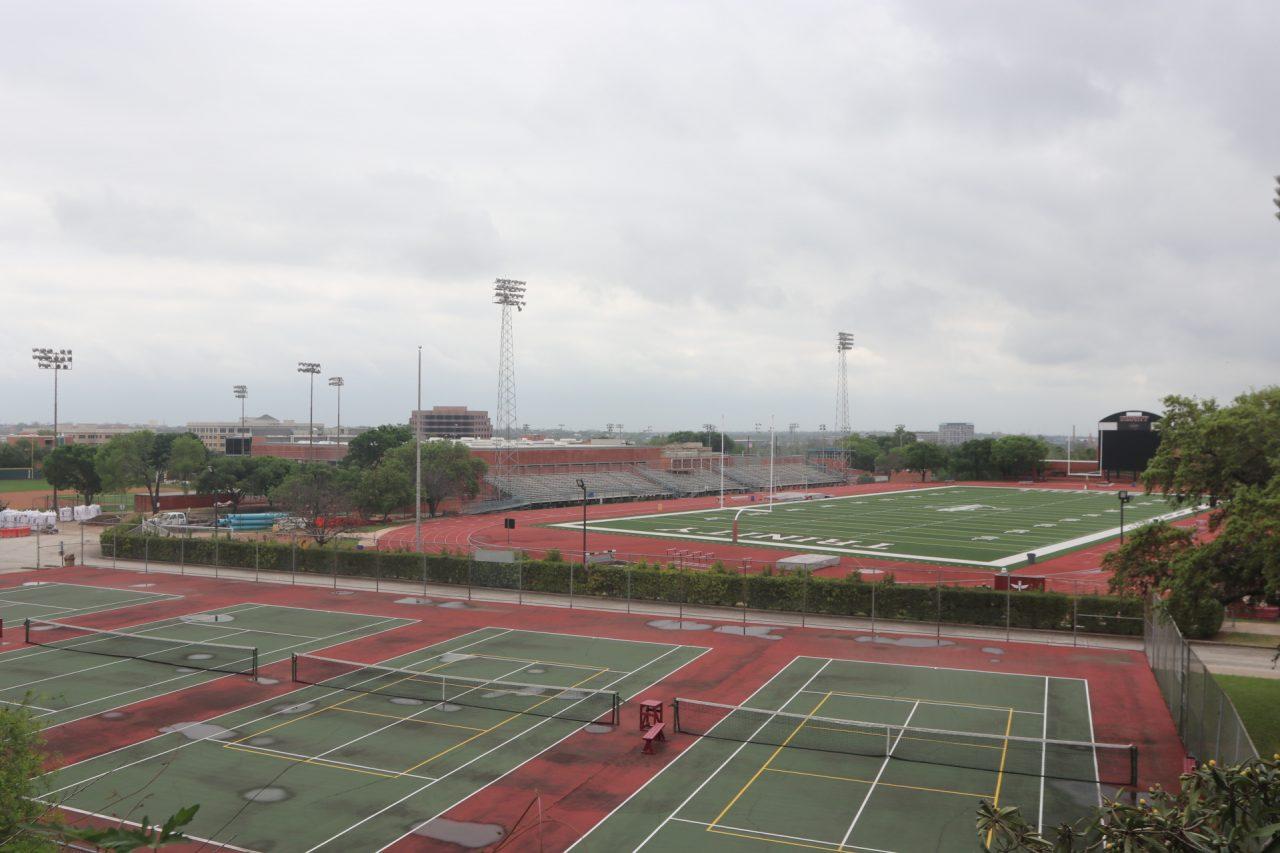

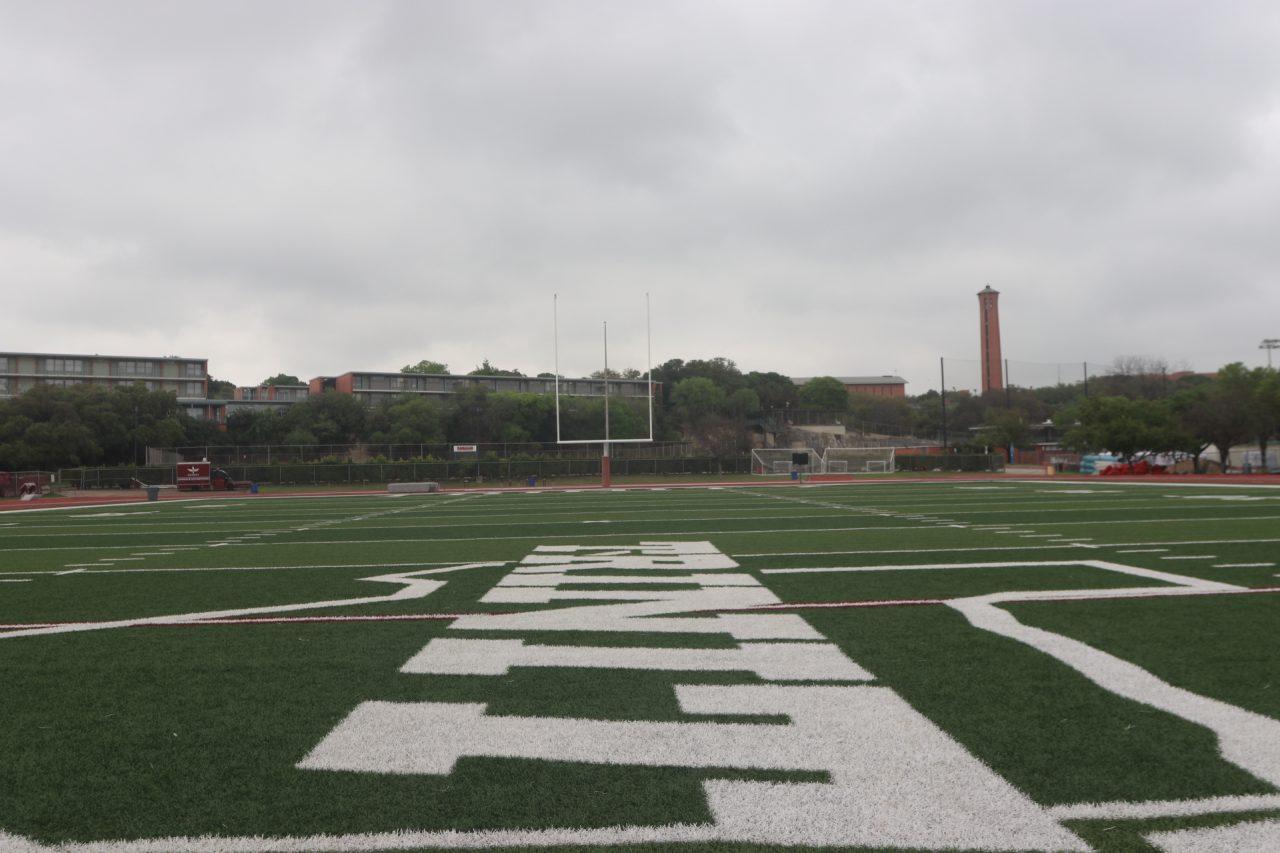
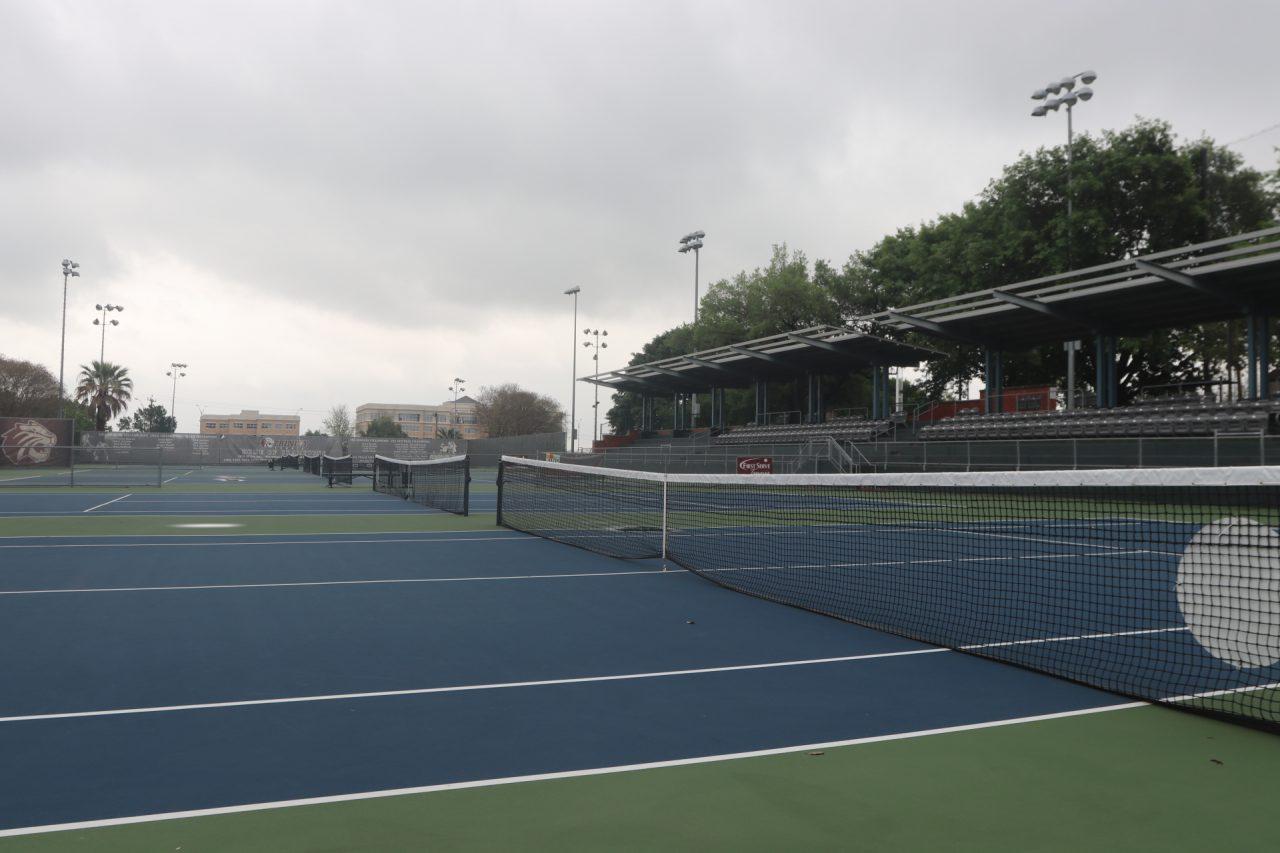
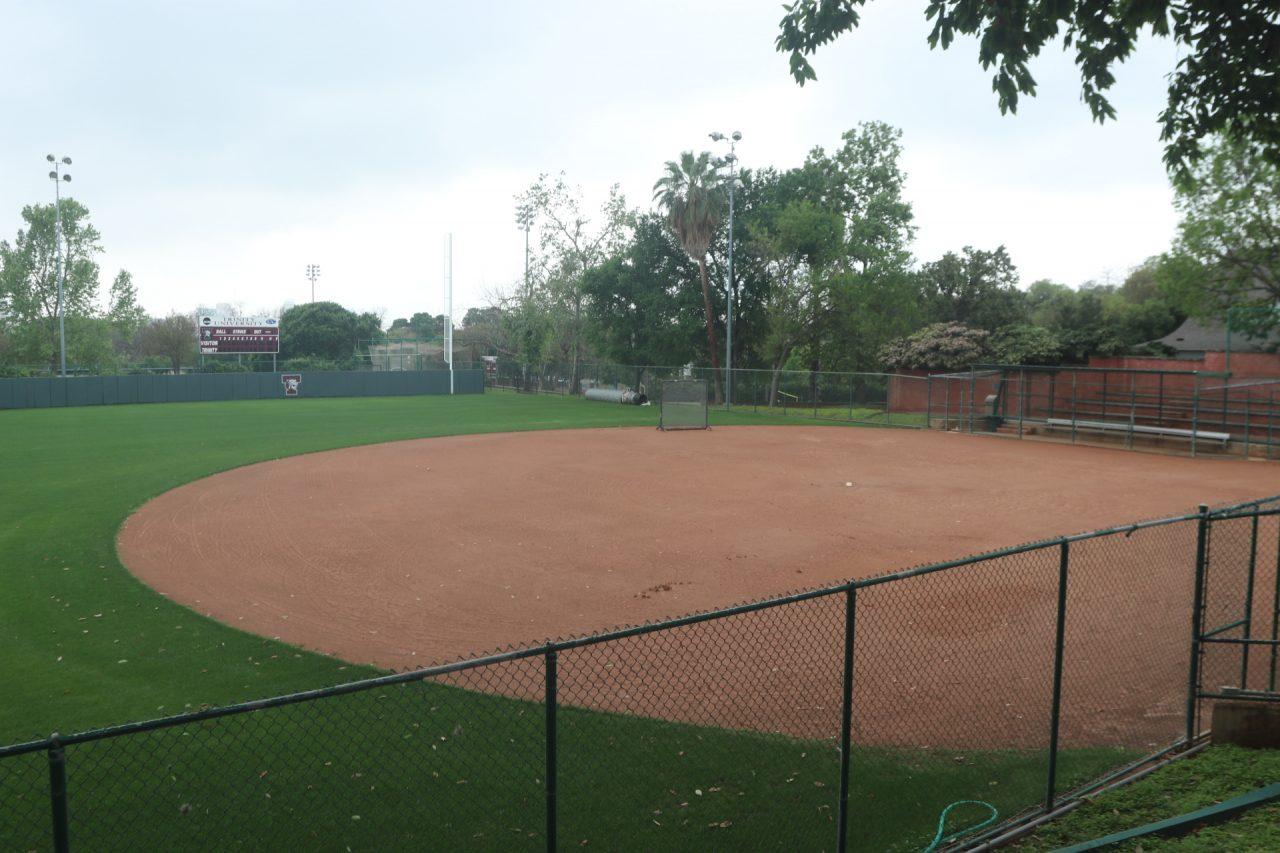
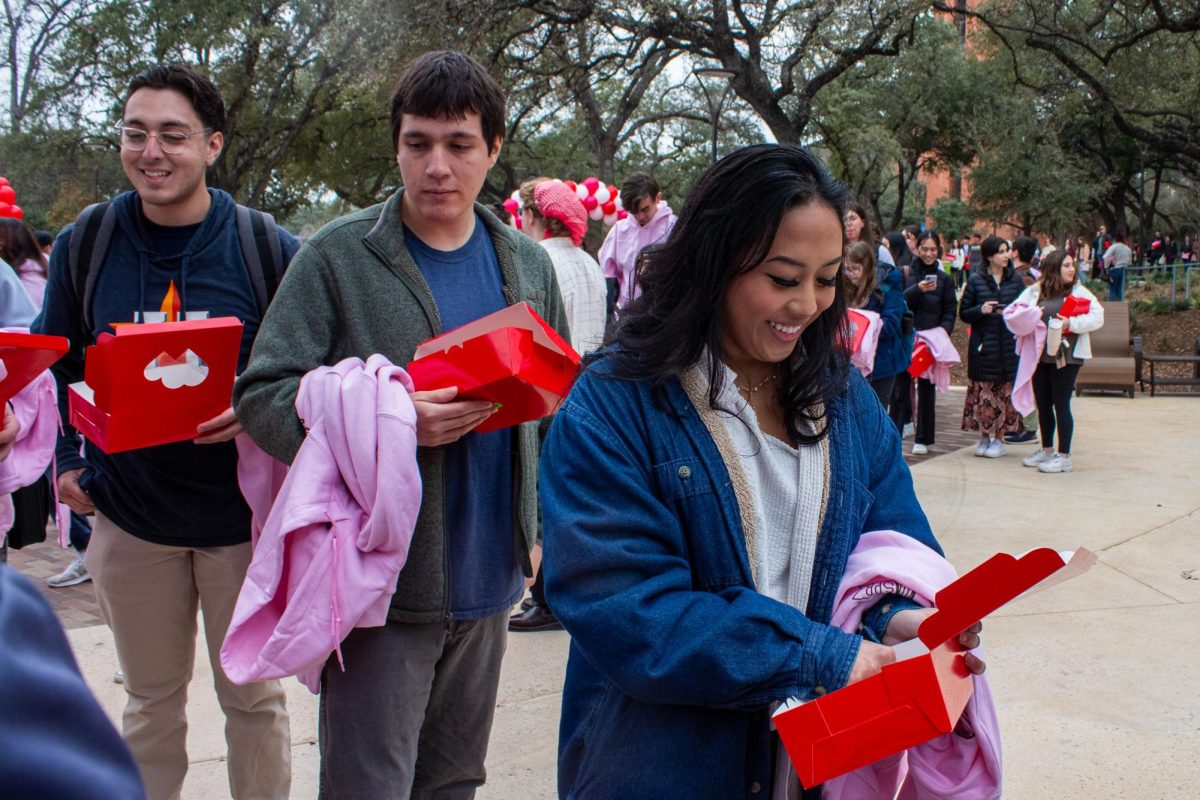




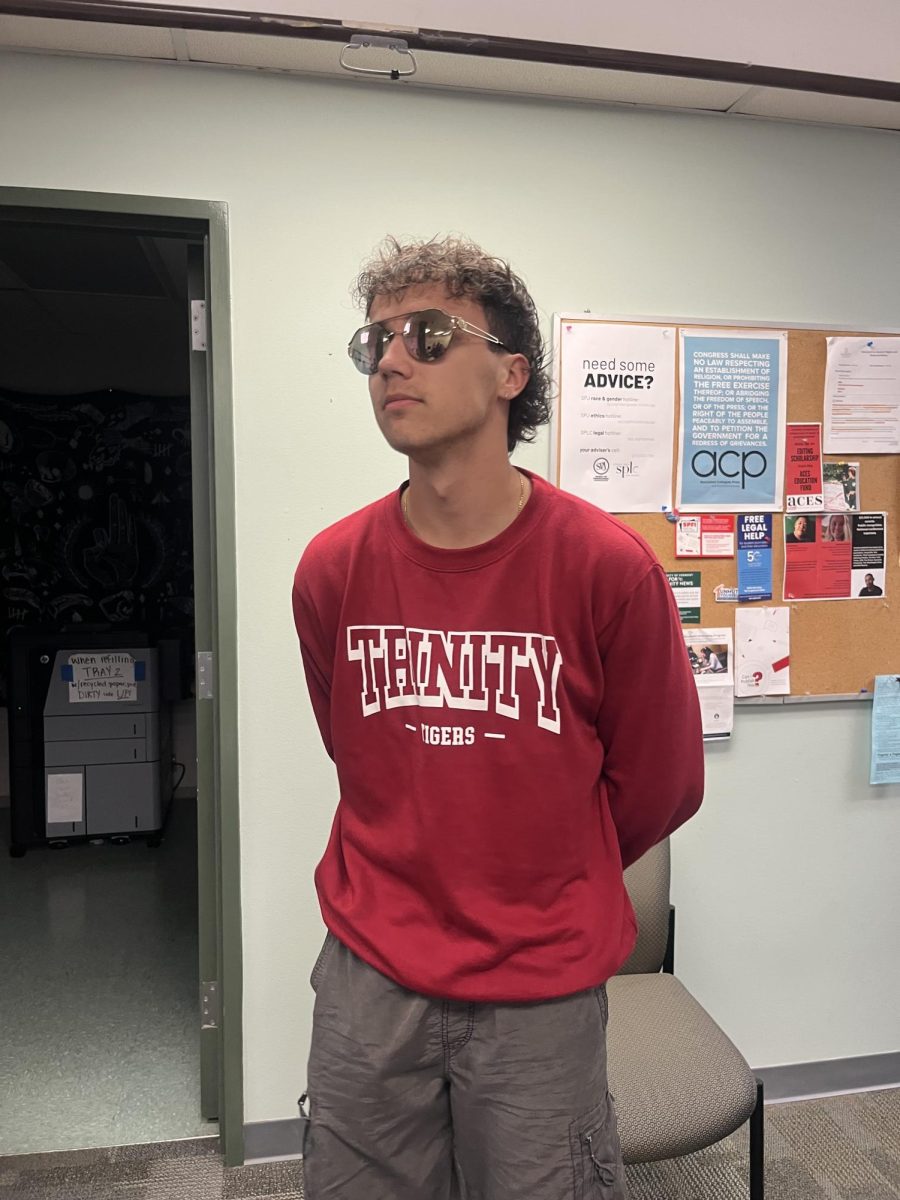
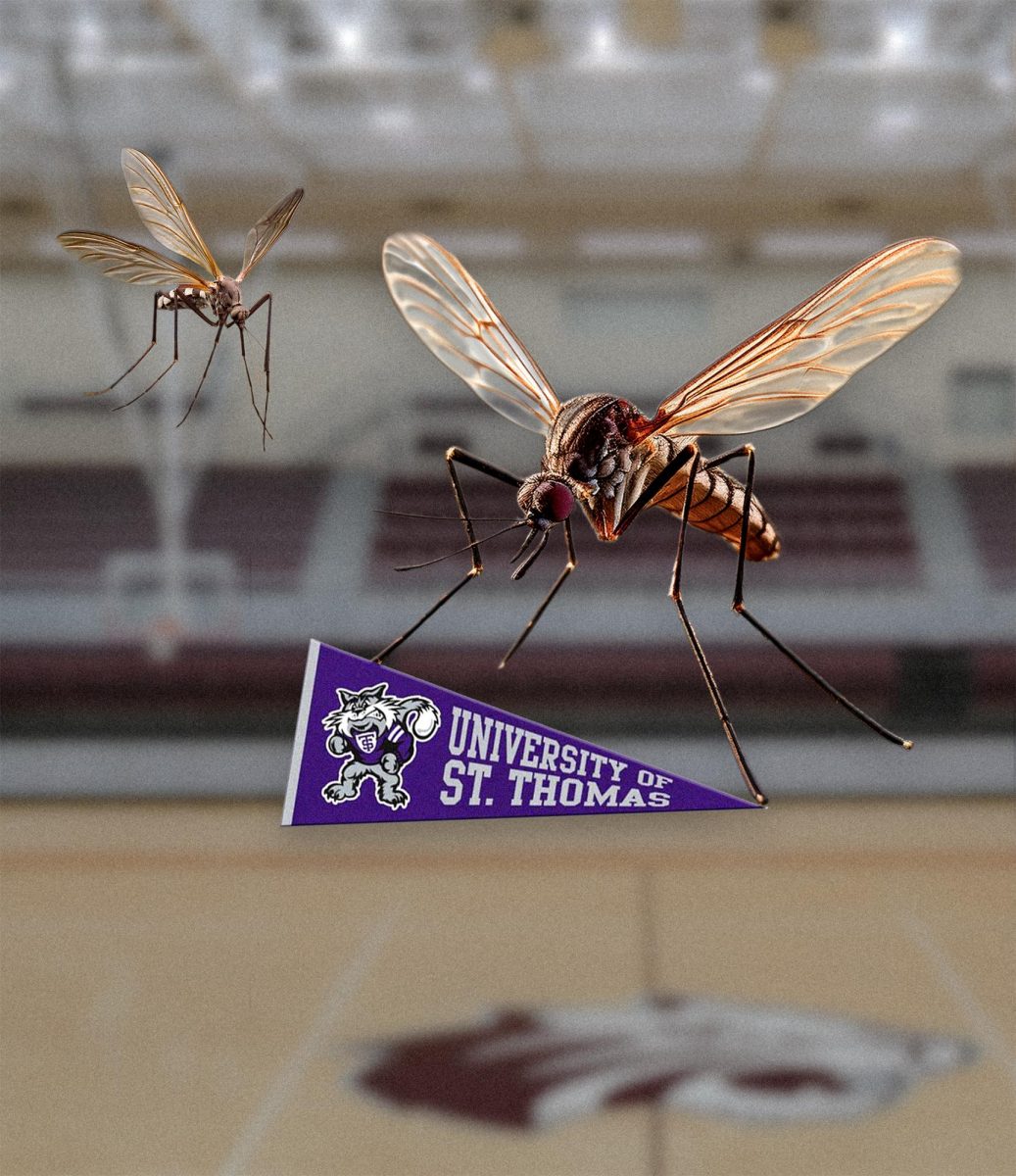
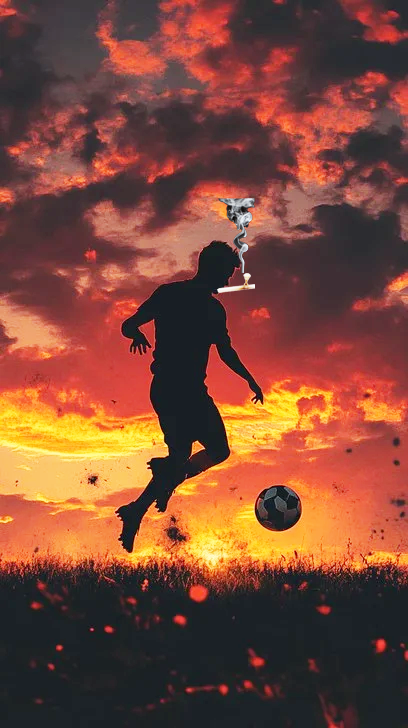
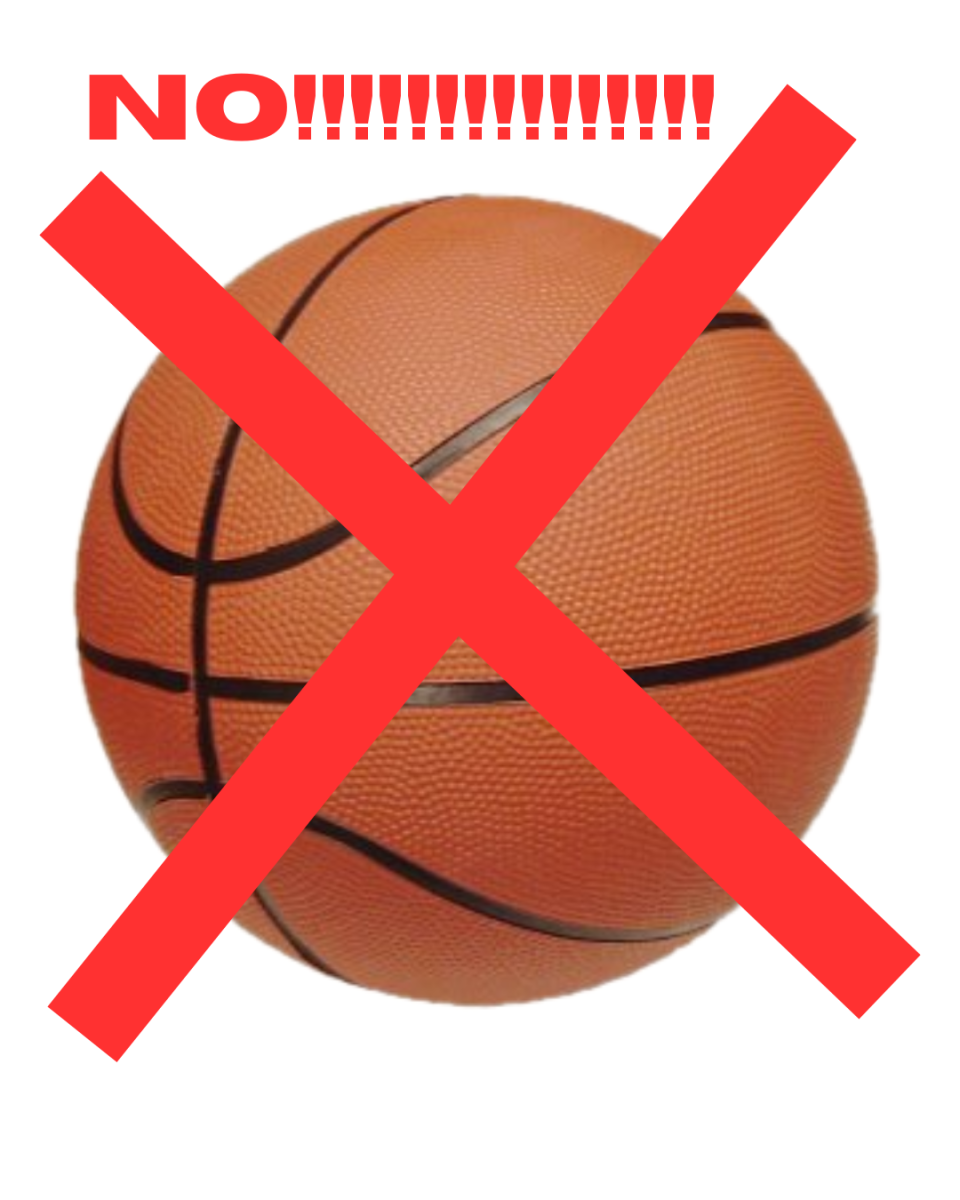
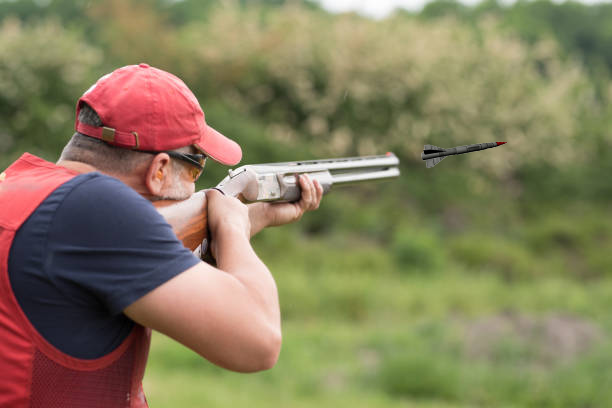
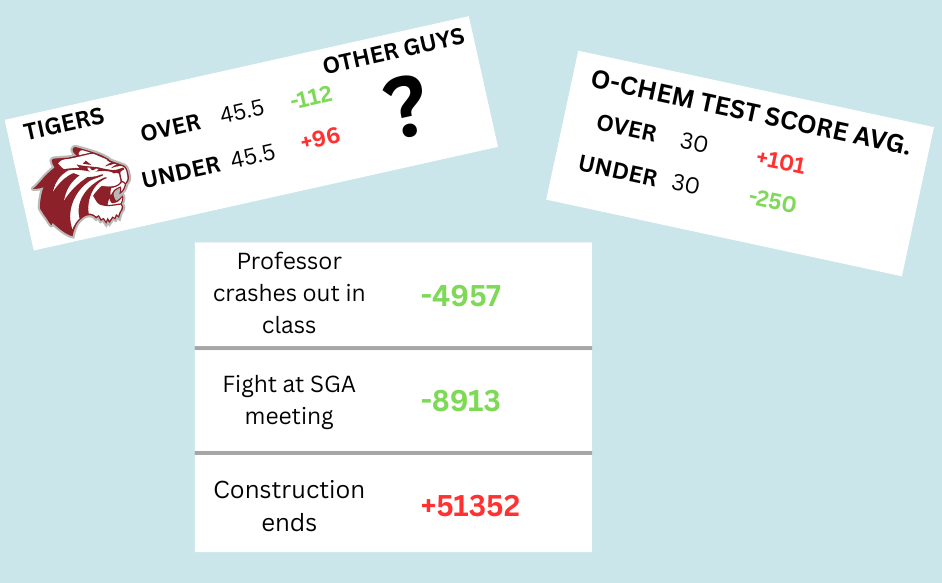
Alan • Mar 24, 2020 at 9:17 pm
Very insightful article. I enjoyed reading about Trinity’s early decision and how it ended up being the right one. Great job to the reporter, Brian Yancelson!